


TOR for «Communication Services To Promote The State Standard For Basic Secondary Education»
27.10.2022
- Background
“Learning Together” is a collaborative project that started between Ukraine and Finland in summer 2018. The work is currently scheduled to last until July 2023. The project is implemented by FCG International.
The project focuses on supporting the New Ukrainian School (NUS) reform, especially in primary education, and is designed around three main clusters and cross-cutting elements. These clusters are (1) teacher preparation, (2) education promotion and (3) educational environment.
“Learning Together” seeks to enter into a contract with a qualified and experienced media company or other relevant organization to implement an assignment related to the design and implementation of a communication campaign to promote the State Standard for Basic Education. This Terms of Reference (ToR) is an invitation to submit bids for this assignment. The assignment focuses on education promotion. The campaign is part of the 2022 Communication Plan of the Learning Together project.
As part of the New Ukrainian School reform, the Ministry of Education and Science of Ukraine (MoES) has developed the new State Standard for Basic Secondary Education, which was approved by the resolution of the Cabinet of Ministers of Ukraine (CMU) dated 30 September 2020. The document is published on the website of the CMU. The list of key competencies and cross-cutting skills set forth in the State Standard is based on the “Recommendations of the European Parliament and the Council of the European Union on Key Competences for Lifelong Learning.” Thanks to the support of the European Education Foundation, with the direct participation of leading European experts, these Recommendations and related European documents (the so-called “Competence Framework”) have been carefully developed by the team of authors of the document.
There is no division into subjects in the State Standard, but there are educational areas – this means that developers of curricula and study programs will be able either to throw light on a particular educational area through a single subject, or combine them for integration.
The document contains a description of competence potential and requirements to compulsory education of students in 9 educational areas:
- Language and Literature,
- Mathematics,
- Natural Science,
- Technology,
- Information Technology,
- Society and Health,
- Civic Education and History,
- Art,
- Physical Education.
For each area, the State Standard describes the objective and groups of mandatory learning outcomes, which are consistently detailed from the level of general results to concrete results and to the benchmarks for assessment for each educational cycle. That is why every educational area has a potential for the development of every competence.
More details can be found on the MoES website on the page STATE STANDARD FOR BASIC SECONDARY EDUCATION.
2. Objective
The task of the Service Provider will be to design a communication campaign to clarify and explain in detail the new State Standard for Basic Education to target groups through a campaign in mass media, Internet and other communication channels.
Target groups:
The target groups (TGs) of the communication campaigns will be:
- educators (teachers of primary and secondary schools, school principals, teachers and student teachers of pedagogical higher education institutions, teachers of In-service Teacher Training Institutes (ITTIs) and Professional Development Centers (PDCs);
- children who will study according to the new State Standard;
- general audience (parents).
The main objective of the information campaign and information products: to explain to the target audiences – each one through a specific communication channel, in an appropriate and easy-to-understand format - that there is the new State Standard for Basic Education, why it is introduced and how each TG will benefit from it. In a clear language the approach, format and channels of communication should communicate what children learn based on the new Standard and what they can achieve as well as what competencies they will have.
One of the main messages of the campaign: the new State Standard for Basic Education is a new approach to secondary education (grades 5-9), it is based on the best European practices and EU recommendations, and provides all participants with practical and clear objectives that meet the needs of the modern world.
The Service Provider should research and incorporate Finnish best practices for the implementation of the new education standards into various communication formats.
The communication campaign should start in November 2022 and last until 30 April 2023.
3. Scope of Work
A contract will be concluded with the Service Provider, under which the Service Provider will:
3.1. Develop and implement a media campaign “The New State Standard for Basic Education” in partnership with national offline and online media channels (television, radio, Internet-media, social networks).
3.2. Produce and effectively disseminate information materials among TGs in various forms, including, but not limited to, infographics, videos, interviews, success stories, etc. The formats, tools and means of communicating informational materials are not limited by the ones mentioned in this document, the Service Provider may propose own ideas.
The topics may include several products (their list is not exhaustive), specified below:
• video course(s) or series of videos about the new State Standard for Basic Education – there might be created different videos for adults (educators and parents) and children. It is also possible to create separate specialized videos for educators that can be used by them in practice during studies and in-service training. This option depends of educators’ needs, which are to be studied by the Service Provider;
• video series with the following topics:
° competence potential in 9 educational areas;
° key competencies that students should master after each of the two cycles of basic secondary education;
° mandatory learning results for each cycle;
° how these competencies will be useful in life;
° short videos or interviews on how this new State Standard will be implemented and how it might be used in higher educational institutions, ITTIs and PDCs. Such videos should give insight into the above-mentioned topics. Timing and formats should be specified in the creative concept; infographics and other visual materials can be used in the videos.
3.2.1. One of the forms of campaign could be modern interactive website / landing page which would aggregate all information materials (texts, visuals, videos) regarding the new State Standard for Basic Education as part of the NUS.
3.3. Produce and implement media campaign in partnership with national online and offline media.
3.4. Conceptualize, structure, format and design all campaign information materials and events. This may include conducting communication using relevant media such as printing and posters, advertising in media (in newspapers, radio, television), web-campaigns, social media campaigns, knowledge management activities such as workshops and seminars.
3.5. Involvement: the Service Provider can involve the school administration and teachers of pilot NUS schools who have already successfully worked as part of the New Ukrainian School reform in this campaign.
3.6. Visual identity compliance: in all information materials, the roles and visual identity of the Learning Together project and the MoES must be clearly indicated and comply with the Visual Identity Guidelines of the Project to be provided.
3.7. Cooperate with representatives of the Learning Together project and the press service of the MoES in preparing press releases, blogs, brochures as well as organizing press briefings (if necessary), media visits and articles in mass media.
3.8. Collaborate with other possible actors, such as NGOs, think tanks, companies, brands, businesses, media professionals, key public opinion leaders and donors.
3.9. Document and report on activities that highlight the progress, achievements and impact of the campaign.
4. Expected Deliverables
The Service Provider must provide the following:
4.1. Design creative concept of communication campaign, develop creative ideas of its implementation;
4.2. present ideas and a communications plan for the mass media campaign: the key messages of the campaign and explain how the delivery of those can be measured by KPIs. Outputs, outcomes and impact of the campaign should be included into the communication plan as main reference point for all the activities planned.
4.3. the Proposal should also contain the suggestion on how the info-materials produced during the campaign could be used further (e.g., digitalized, printed in the form of manuals, posters, etc. after the end of campaign).
4.4. the human rights-based approach (HRBA) and the inclusion of vulnerable groups should be taken into account in the creative concept;
4.5. present ideas and a communication campaign plan to the media;
4.6. provide an inception report with a description of the campaign stages, activities, including the implementation plan, and the exact timeframe;
4.7. implement the campaign;
4.8. make monthly progress reports on each task of each stage, including media monitoring results with quantitative indicators on the audiences reached and coordinate them with the project’s communication expert.
4.9. submit a final report reflecting the methodology used, activities undertaken, successes, challenges, results (planned and unplanned), lessons learned and future recommendations.
5. Budget
The maximum total budget provided for this assignment is EUR 60,000. The budget, assignment details, terms and conditions will be specified in the contract between FCG International Ltd (Contractor) and Service Provider. Payment milestones will be based on the acceptance of the key deliverables by the Cluster 2 working group including project’s and external experts. The Learning Together project will perform general coordination and decision-making, RST and MoES’ experts would provide expertise and consulting.
6. Submission Requirements
The Proposal must include the following:
6.1. A Technical Proposal not exceeding 10 pages in length, including the intended approach, key performance indicators and planned campaign management activities, including an operational work plan with timelines. The Proposal must be in English.
6.2. Breakdown of costs
The budget breakdown must include two separate sections: “Expert Fees” and “Other Expenses”. Fees are determined by the rates per working days or working months. Other costs should be broken down to correspond to the Technical Proposal and Work Plan. The budget breakdown must be in EUR.
6.3. The Curriculum Vitae of the consultant and each member of the team (if a team approach is used).
6.4. Official documents confirming the status of the organization and a document proving the financial capacity (annual turnover and profit/loss) of the organization.
6.5. Copies of registration documents (including a copy of the certificates of state registration of legal entities, which the bidder plans to use for service delivery, a copy of the tax certificate; an Extract from the Statute indicating the activities).
Other relevant supporting materials may be attached as an annex.
7. Evaluation Criteria
Proposals will be evaluated based on quality (90%) and price (10%).
7.1. The quality of the proposal will be evaluated based on the following:
7.1.1. Creative concept, ideas, expected key performance indicators (outputs and outcomes) of the campaign and communication plan;
7.1.2. Technical Proposal:
• the relevance of the approach and implementation methodology;
• the expected impact of the proposed methodology;
7.1.3. Organization
• previous experience on similar assignments, at least one nationwide communication campaign implemented, preferably in the education sector;
• proven knowledge of the education sector or related field.
7.1.4. Service Provider’s team qualifications:
• master’s degree in public relations, journalism, marketing or similar fields;
• at least five years of professional experience in media campaigns, communications development, public relations, journalism, marketing or other related fields;
• experience working with the Ukrainian government organizations (in conducting socially oriented campaigns);
• understanding the specifics of the work and availability of established relationships with potential partners from the Ukrainian media, government agencies, public opinion leaders and the business community;
• capability and proven experience in developing and implementing media campaigns, and designing messages in various formats (press releases, websites, success stories, blog entries, tweets, TV, radio, etc.) targeting a variety of audiences;
• ability and proven experience of taking initiative and working effectively under pressure;
• knowledge and understanding of the use of visual identity and familiarity with branding compliance of international technical assistance programs and international donors;
• excellent written, oral and interpersonal skills; excellent communication skills in English and Ukrainian;
• familiarity with the New Ukrainian School reform will be an asset.
The interview, where the best candidates will be invited, shall consist of a 30-minute presentation and a 15-minute Q&A session.
8. Deadline for Proposals
The timeline of the tender is as follows:
- If bidders would like to receive additional explanations about the tender, written questions should be sent to the following email address: [email protected] until 2 November 2022.
- All bidders will be provided with answers to all requests for clarification requests until 4 November 2022.
- The final proposal must be submitted by 15 November 2022 (COB) to the following email address: [email protected]
Please note that all written communication must be in English. Further instructions for the tender shall be given only from the email mentioned above. Advice obtained from other sources may be disregarded in the tender evaluation.
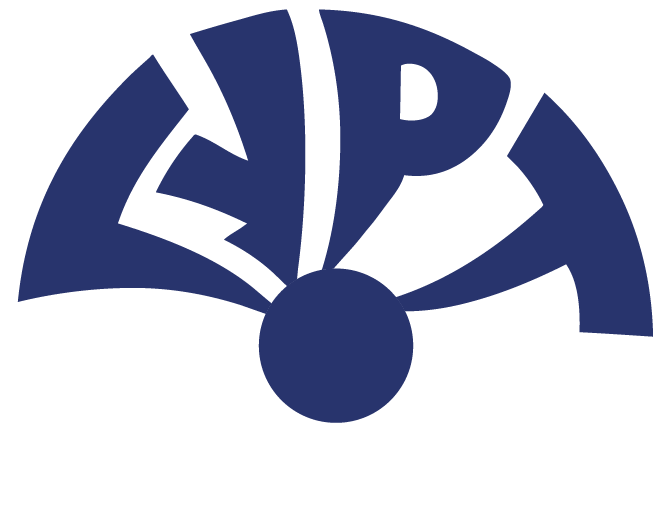

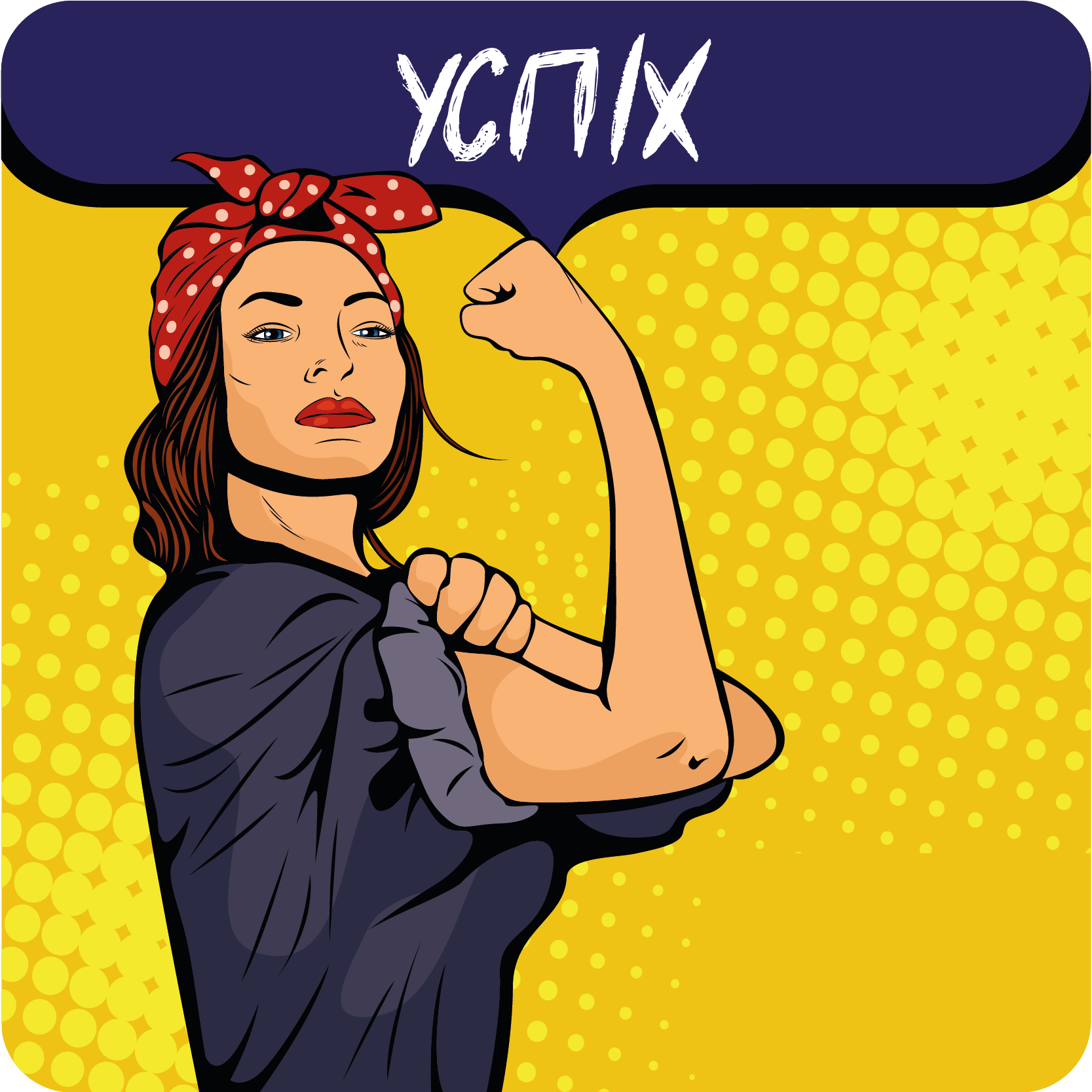
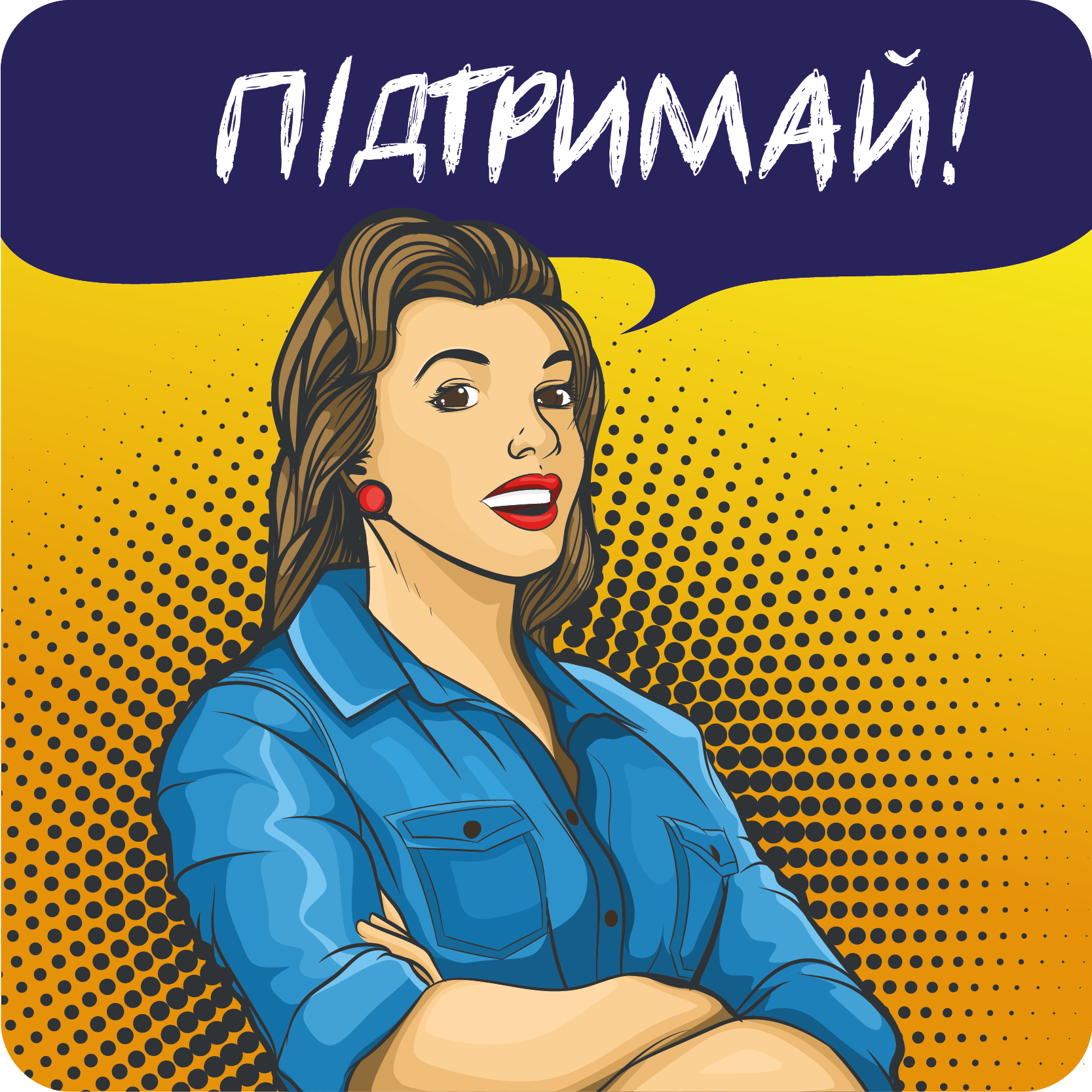


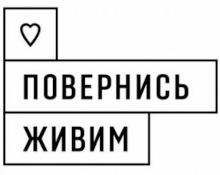
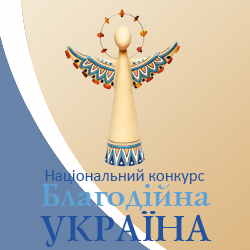
Коментарі